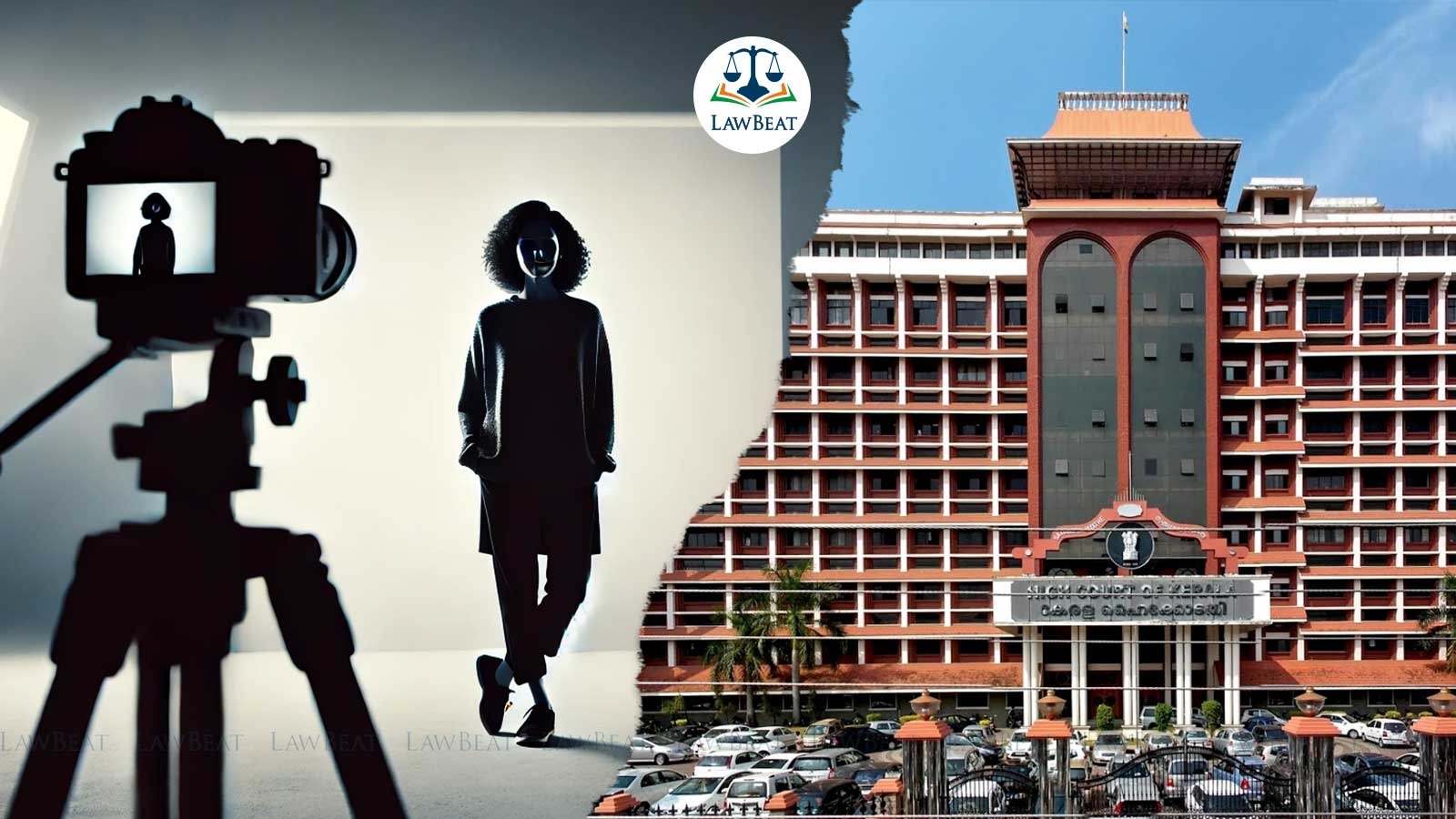Kerala HC Upholds Disclosure of Justice K Hema Committee Report on Working Conditions of Women in Film Industry

Justice K Hema Committee was established in 2017 by the Kerala government after a petition was filed by the Women in Cinema Collective (WCC) to investigate the challenges faced by women in the film industry
The High Court of Kerala on Tuesday, August 13, 2024, dismissed a petition challenging the disclosure of the Justice K Hema Committee Report, which addresses the working conditions of women in the film industry.
The court's decision came after Justice VG Arun heard arguments related to the petition filed by Malayalam film producer Sajimon Parayil. The court noted : “Kerala is the first State to initiate measures to alleviate grievances regarding harassment and discrimination raised by women working in cinemas. If the measures are to attain finality by implementation of the recommendations of the Justice Hema Committee, there has to be debates and discussions in the public domain, prompting the Government to act expeditiously. This can be achieved only by understanding the reasons that had led to the recommendations in the report.”
Pertinently, Justice K Hema Committee was established by the Kerala government in 2017 following a petition from the 'Women in Cinema Collective' (WCC). The Committee's mandate was to investigate the challenges faced by women working in the film industry. The report was submitted to the government in 2019. However, a 2020 request under Section 6(1) of the Right to Information (RTI) Act by journalist Lesly John for the report was initially denied by the State Public Information Officer.
On July 5, 2024, the State Information Commission (SIC) ordered the disclosure of the report, leading to Parayil's challenge before the High Court. Parayil contended that the report's release, with only limited redactions, would breach the confidentiality of individuals who provided testimony, potentially exposing them to retaliation and harassment. He argued that the SIC's decision did not adhere to Section 11 of the RTI Act, which requires notice to affected parties, and questioned the Commission's reversal from its earlier stance denying a similar RTI application in 2020.
Contrarily, the Standing Counsel for the SIC and the Government Pleader for the State challenged Parayil's standing, arguing that his concern was of a private nature rather than a public one. They emphasized the public's right to know the findings of the report, which is aimed at improving working conditions in the film industry. The SIC's counsel assured the court that all personal details had been redacted to protect privacy.
Support for the report's disclosure was voiced through several impleadment applications, including those from the Kerala Women's Commission and the Women in Cinema Collective. The Kerala Women's Commission argued that releasing the report would benefit women in the film industry and align with the Committee's original goals.
Highlighting the public interest in the report’s disclosure, the Court noted the support from the Women in Cinema Collective and the Kerala Women’s Commission, reflecting its significant importance to the public.
The court also underscored that the media plays a crucial role in fostering these discussions. Thus, fears that the report might be used to defame individuals are unfounded and stem from a misunderstanding of the media's role in nation-building.
Further, the Court emphasised the critical role of the RTI Act in fostering an informed citizenry and ensuring government accountability while balancing it with the right to privacy. The Court noted "The RTI Act envisions an informed citizenry, which is essential to curb corruption and make Governments and its instrumentalities accountable. On the other hand, the right to privacy is the right to control personal information and protect it from unauthorised access, use or disclosure. This right is vital for individual autonomy, dignity and security. The conflict between the two rights, information and privacy, can lead to complex ethical dilemmas and legal imbroglio. In the case at hand, there is no such conflict, the State Information Commission having incorporated sufficient safeguards in its order to ensure that the privacy of individuals is not breached by issuing copies of the redacted report.”
The Court acknowledged the state's commitment to addressing harassment and discrimination within the film industry and deemed the report's disclosure vital for stimulating public discussion and prompting government action. It rejected Parayil’s claims of procedural errors under Section 11 of the RTI Act, affirming that third-party privacy had been properly protected.
Ultimately, the Court dismissed Parayil's petition but extended the deadline for the report's release by one week from the date of the judgment.
Cause Title: SAJIMON PARAYIL v STATE OF KERALA [WP(C) NO. 26497 OF 2024]
